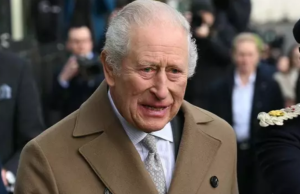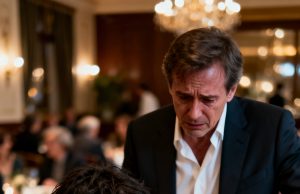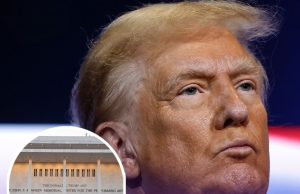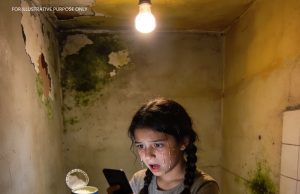When Father Ramón came home from the hospital, he quietly placed a wrinkled sheet of paper on the dining table.
“This,” he said softly, “is a promissory note for 900,000 pesos. I borrowed it for my treatment. Now that I’m too weak to work, could one of you help me repay it?”
The three Dela Cruz brothers—Rico, Julius, and Miguel—fell silent.
Rico, the eldest, looked down. “Dad, I still have tuition to pay for my daughter in Manila.”
Julius shifted uncomfortably. “I just opened my store, and I barely have any capital.”
No one met the old man’s eyes.
Only Miguel, the youngest at 28, sat quietly, staring at his father’s trembling hands and silver hair. His chest tightened.
“I’ll pay, Father,” he said firmly.
Ramón looked at him in disbelief. “Are you sure, son? You have your own debts—your house, your wife…”
“I’m sure,” Miguel replied. “Money can be earned again. But I can’t repay a father once he’s gone.”
From that day, Miguel brought his father to live with him in a small home in Quezon City.
He worked double shifts—construction by day, truck deliveries by night. Meals were plain and humble, but his spirit never broke.

His wife, Anna, sold her motorcycle to start a tiny café to help with expenses. Each night, she smiled through exhaustion, and Miguel, seeing her kindness toward his father, could only fight back tears.
Despite his frailty, Father Ramón tended the garden, swept the yard, and cooked porridge each morning. He often looked at his son and said, “You’re just like your mother—gentle, but strong.”
Then, one July morning, a year after the “loan,” Ramón called Miguel into his room.
“Sit down, son,” he whispered, handing him a folded A4 paper. “Read this.”
Miguel unfolded it and froze. It wasn’t a debt note—it was a land title. A 500-square-meter property on the main road in Antipolo, registered under Miguel R. Dela Cruz.
“Father… what is this?” he asked, stunned.
Ramón smiled faintly. “I bought that land twenty years ago. When you agreed to ‘repay my debt,’ I transferred it to your name. That 900,000 pesos—wasn’t a loan. It was proof of your heart.”
Tears filled Miguel’s eyes. For a year, he had envied his brothers’ comfort while he struggled. But now he realized the truth: the debt was never a test of money, but of love.
His father’s voice was calm and warm, like a farewell breeze. “You can always earn back money, but love—once lost—can never return.”
Miguel bowed his head, tears falling onto the paper, blurring the words Property Title – Miguel R. Dela Cruz.

He grasped his father’s frail hand. “I don’t want the land, Father. I just want more time with you.”
The old man smiled. “Being a good son—that’s the richest inheritance I can give.”
A year later, Father Ramón passed away peacefully in his sleep.
On his altar lay his photograph beside the land title—a silent reminder of a truth that endures through generations:
“The love of a devoted child is worth more than all the riches in the world.”
Miguel never sold the land. Instead, he built a small house named Casa Ramón, offering free training to underprivileged youth—continuing the legacy his father left him, not in wealth, but in wisdom and love.
















